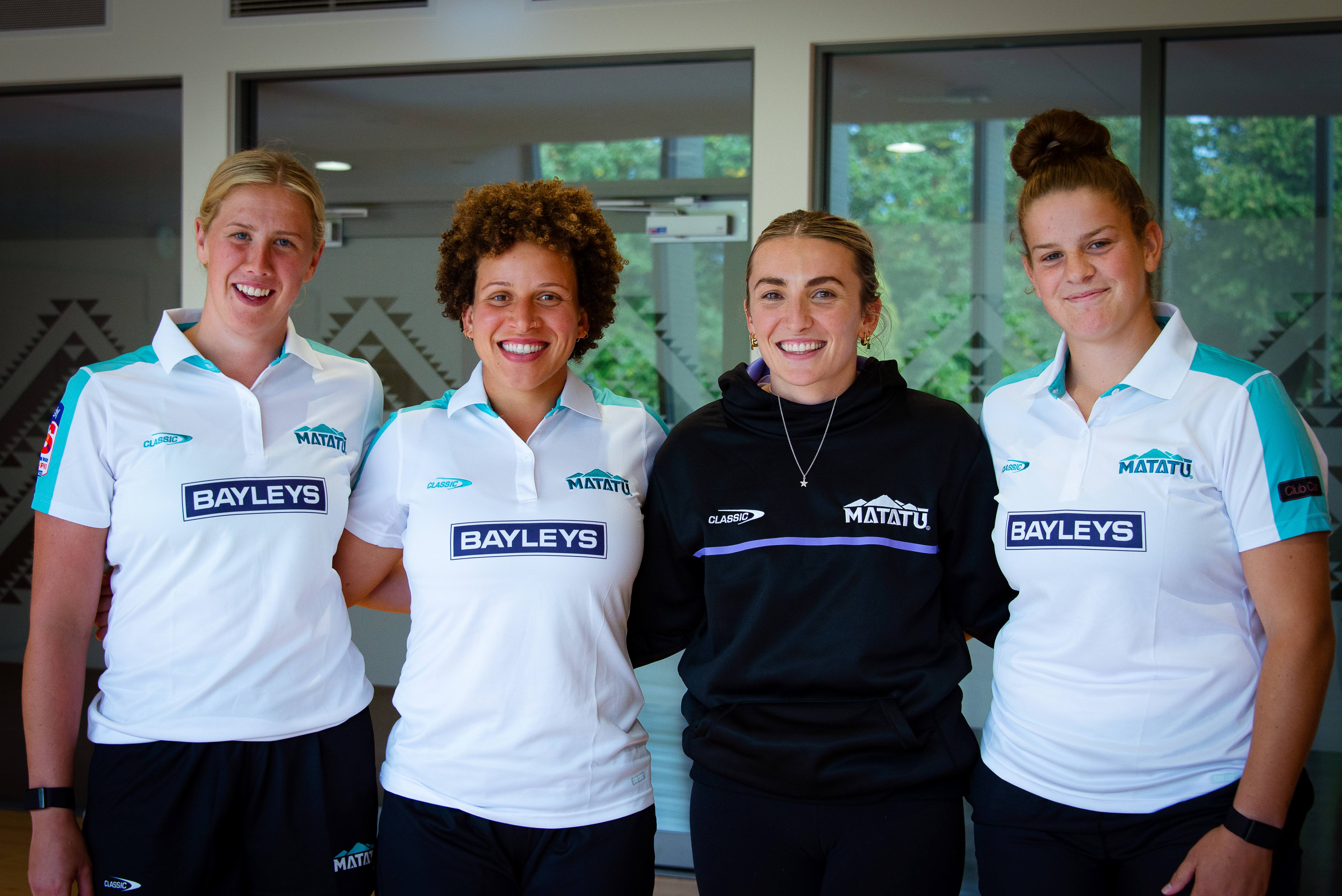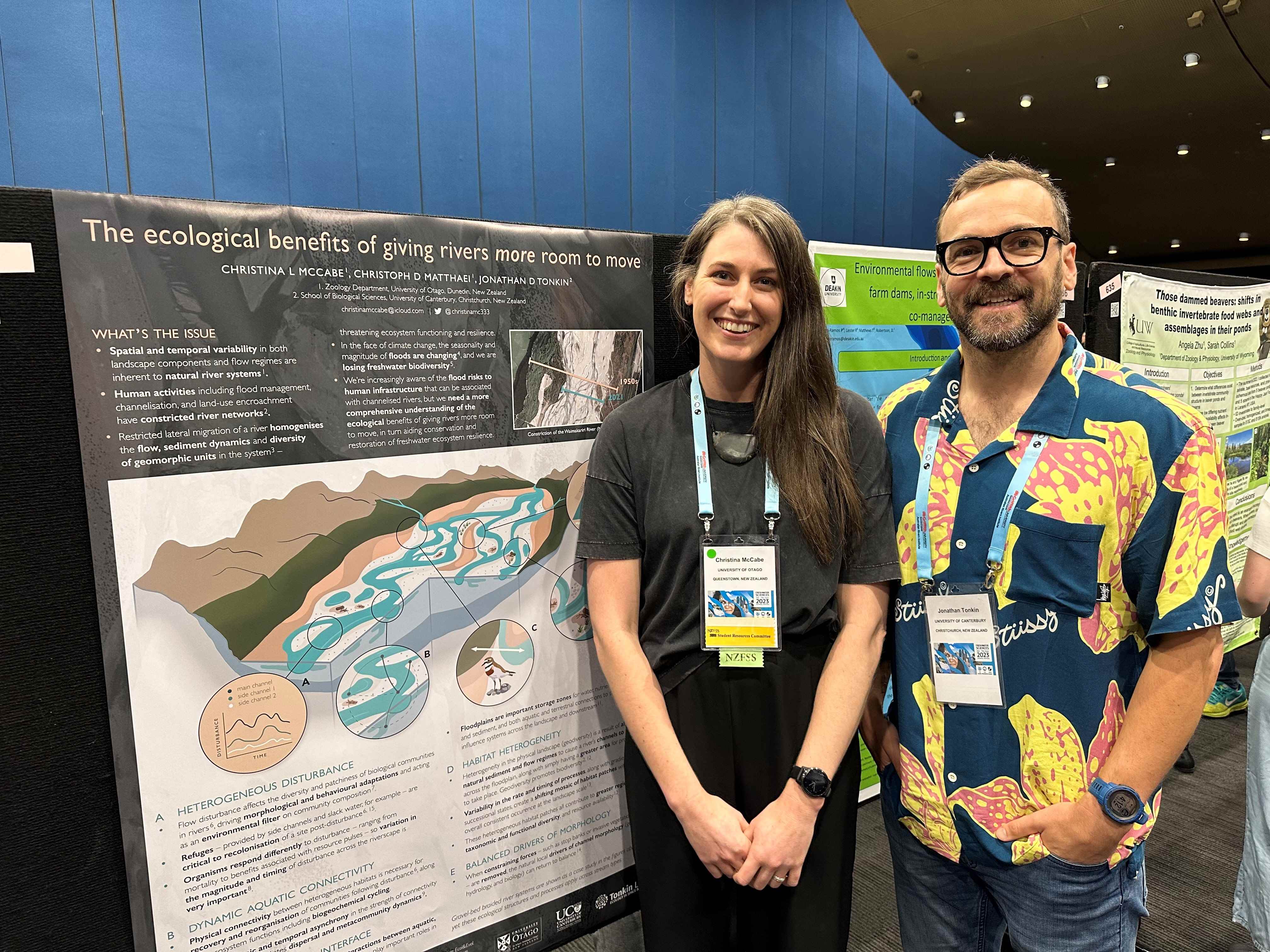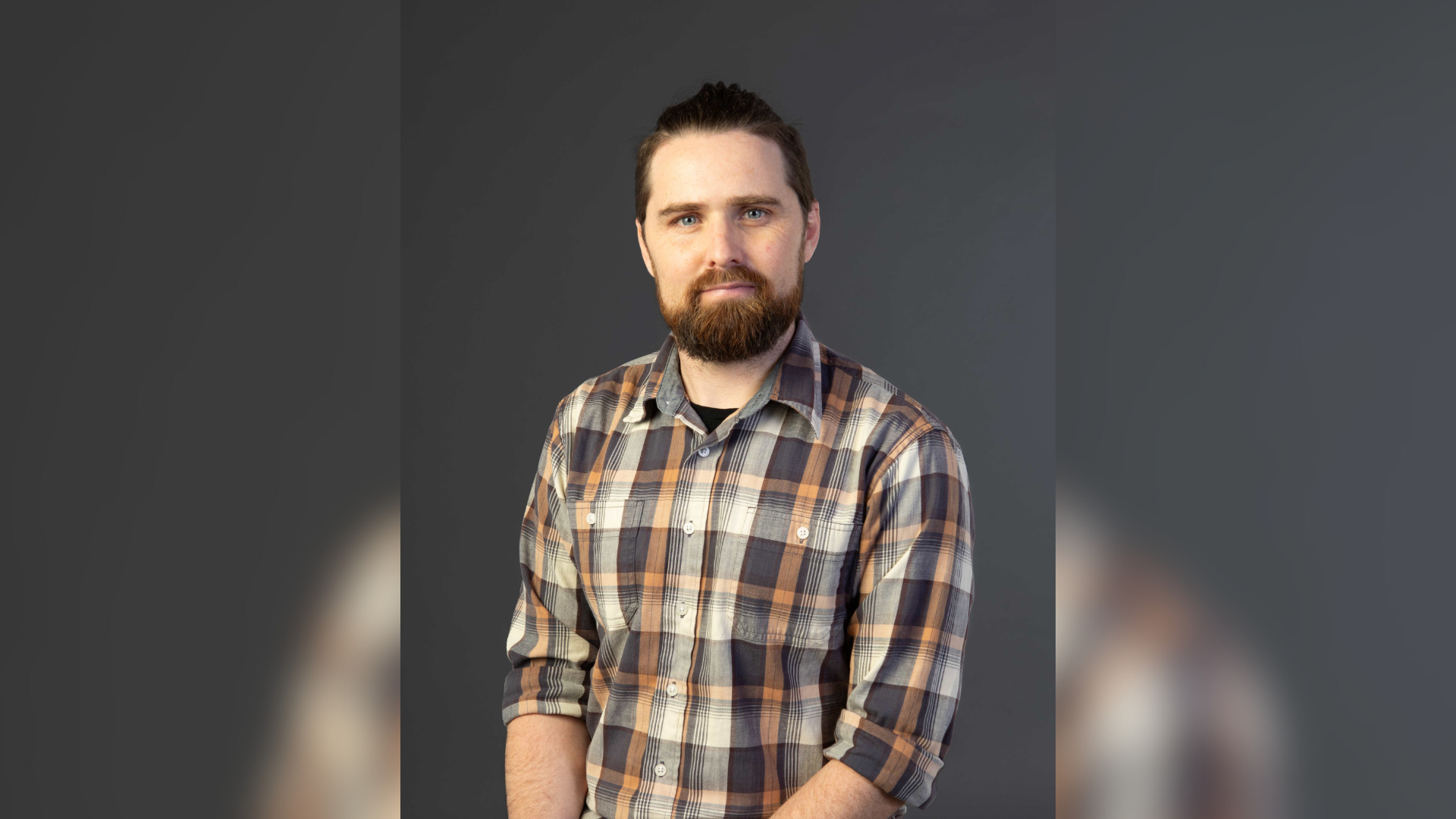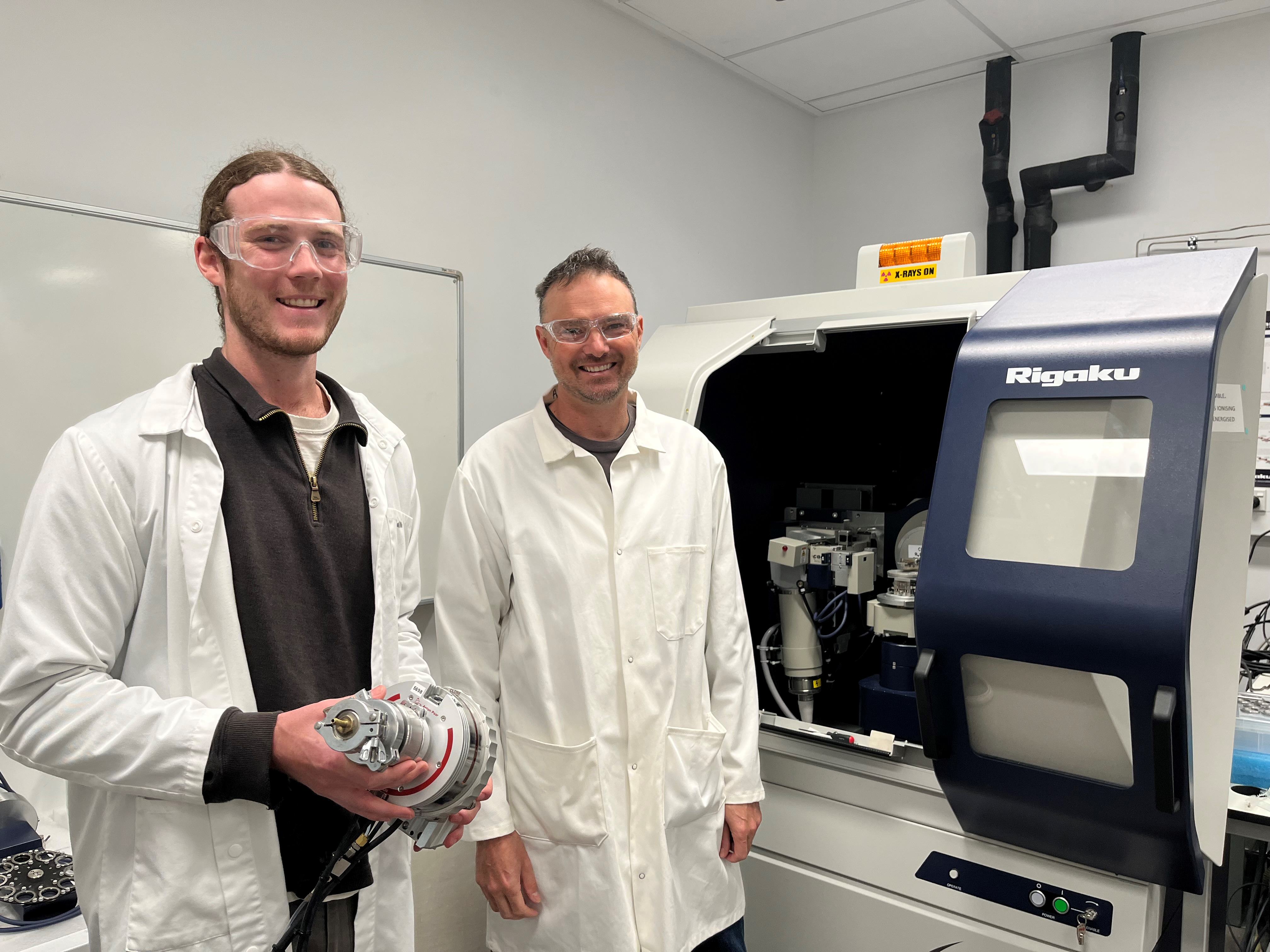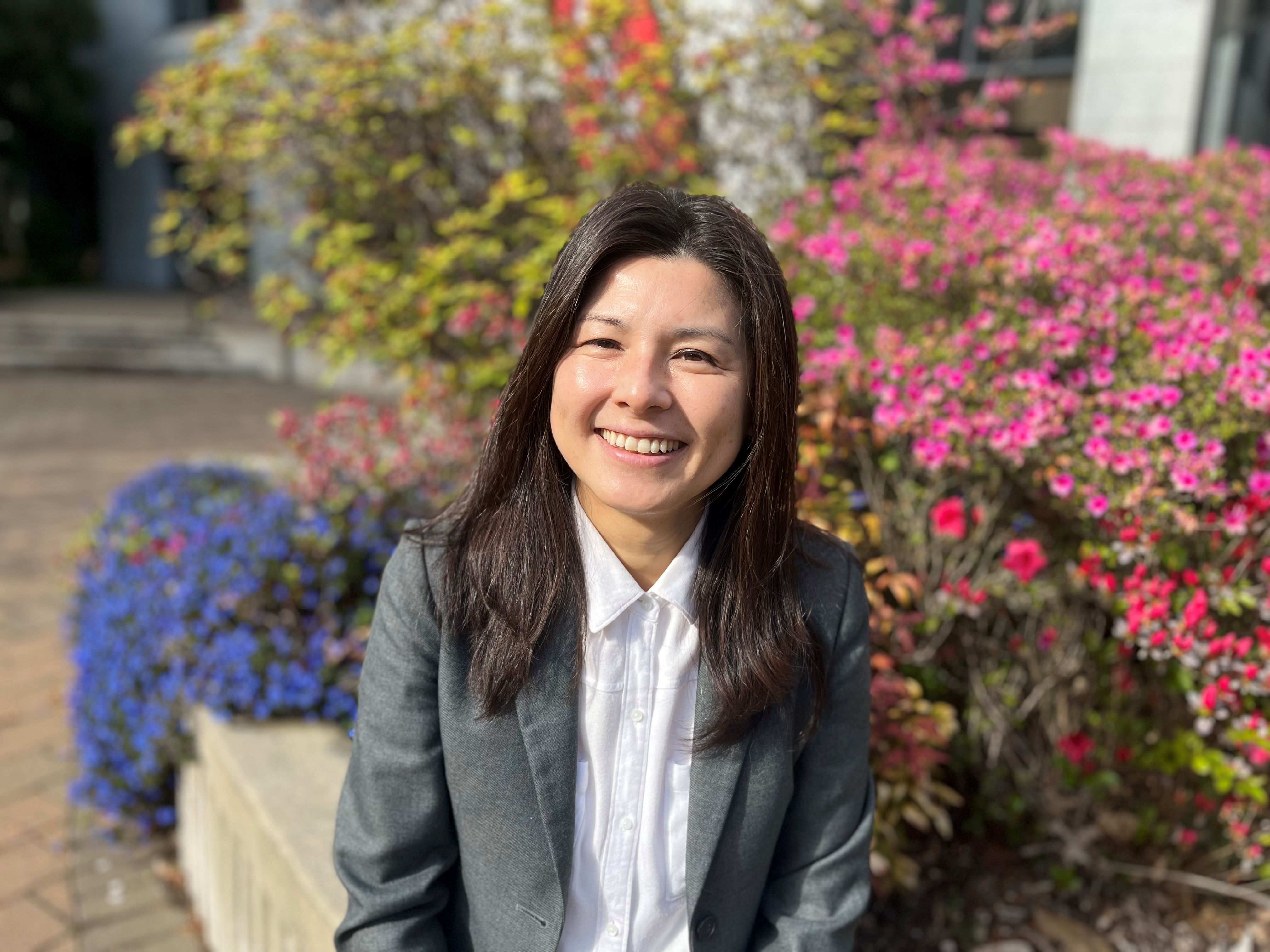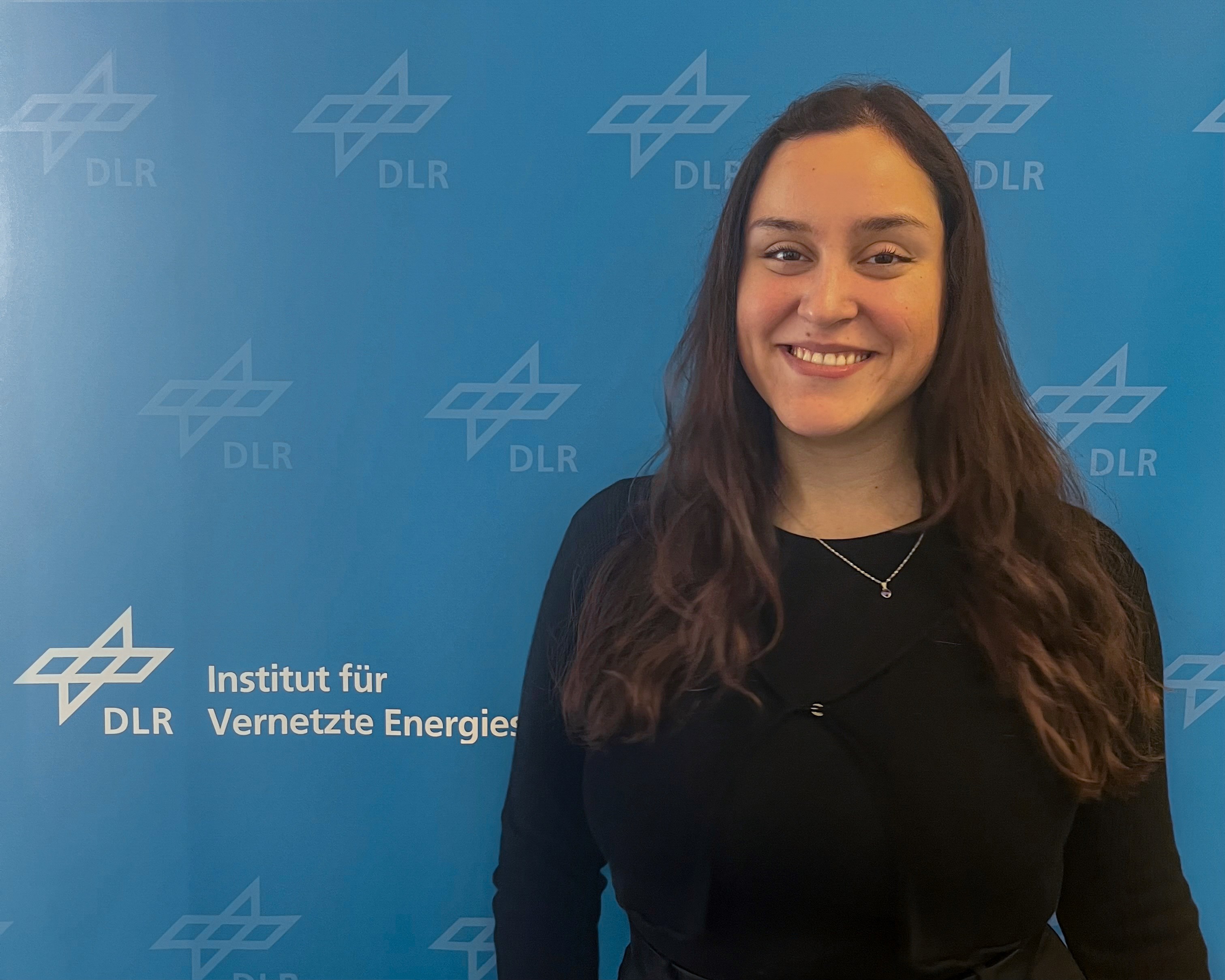Dr Jeremy Watson of UC’s School of Electrical and Computer Engineering is leading the research team which includes local, national and international experts.
The study will investigate and design new controllers through a ‘plug-and-play’ approach, optimising microgrid use through solar and similar alternate methods of energy generation, which also serves to progress the government’s goal of 100% renewable electricity in Aotearoa New Zealand by 2030.
“Microgrids are seen as a key tool in enabling renewable energy, but it is the development of microgrid control that is crucial to unlocking their full potential,” Dr Watson explains.
In addition to the ability to generate independently produced energy, the rollout of microgrids in our communities will also lessen our reliance on the national power grid, ensuring consistent power, or restoration of power more quickly, to more of the population following a crisis.
The importance of a reliable energy grid is crucial, says Professor Neville Watson, a key contributor to this study and another UC researcher contributing to Aotearoa New Zealand reaching its energy goals by 2050.
“If we don’t do anything, in future we will be using band-aid solutions to address problems as they occur, such as system constraints, equipment malfunction and premature component failure.”
“We need to be working on cohesive and enabling solutions for achieving low emissions, for which electricity will be our primary energy medium.”
In addition to introducing lower emission systems, the research team believes the successful adoption of microgrids in our communities will further contribute to New Zealand’s standing as a leader of technologies integral to future energy systems.
It’s anticipated that the global microgrid market will be valued at $47.4 billion by 2026. By developing world-class expertise in this area, New Zealand companies can tap into a growing market and export their expertise and technologies to other countries. This will not only enable the transition to 100% renewable and resilient electricity generation for New Zealand, but also create new opportunities for exports and economic growth.
But it’s the potential for this research that continues to both excite and motivate Dr Watson, who looks forward to welcoming at least two postgraduate students to the research team soon.
“I like the technical problem, the challenge. I like the fact I’m continuously learning and developing solutions at the grass roots level that will enable us to help people. There’s always got to be a better way.”
The research team:
- Dr Jeremy Watson: microgrid control
- Associate Professor Alan Wood: power electronics and power systems
- Professor Neville Watson: power systems and power electronics
- Dr Radnya Mukhedkar, EPECentre: industrial power electronics
- Associate Professor Abhishek Ukil (University of Auckland): power electronics and DC microgrids




